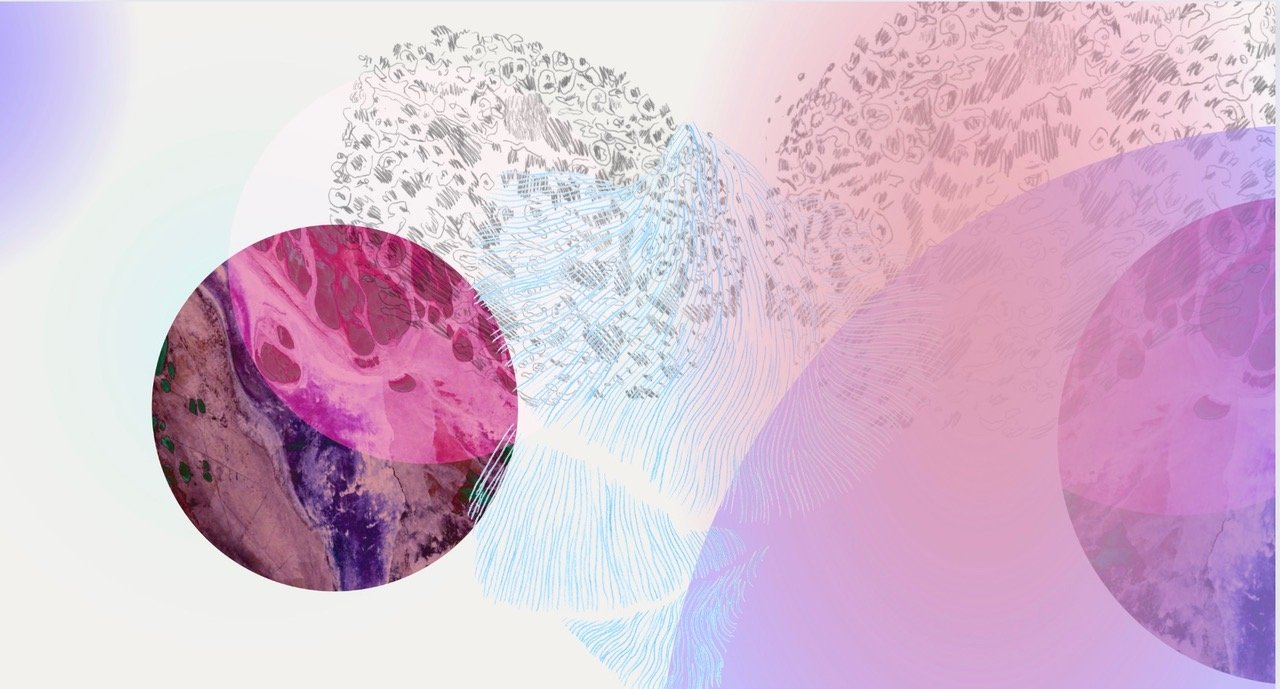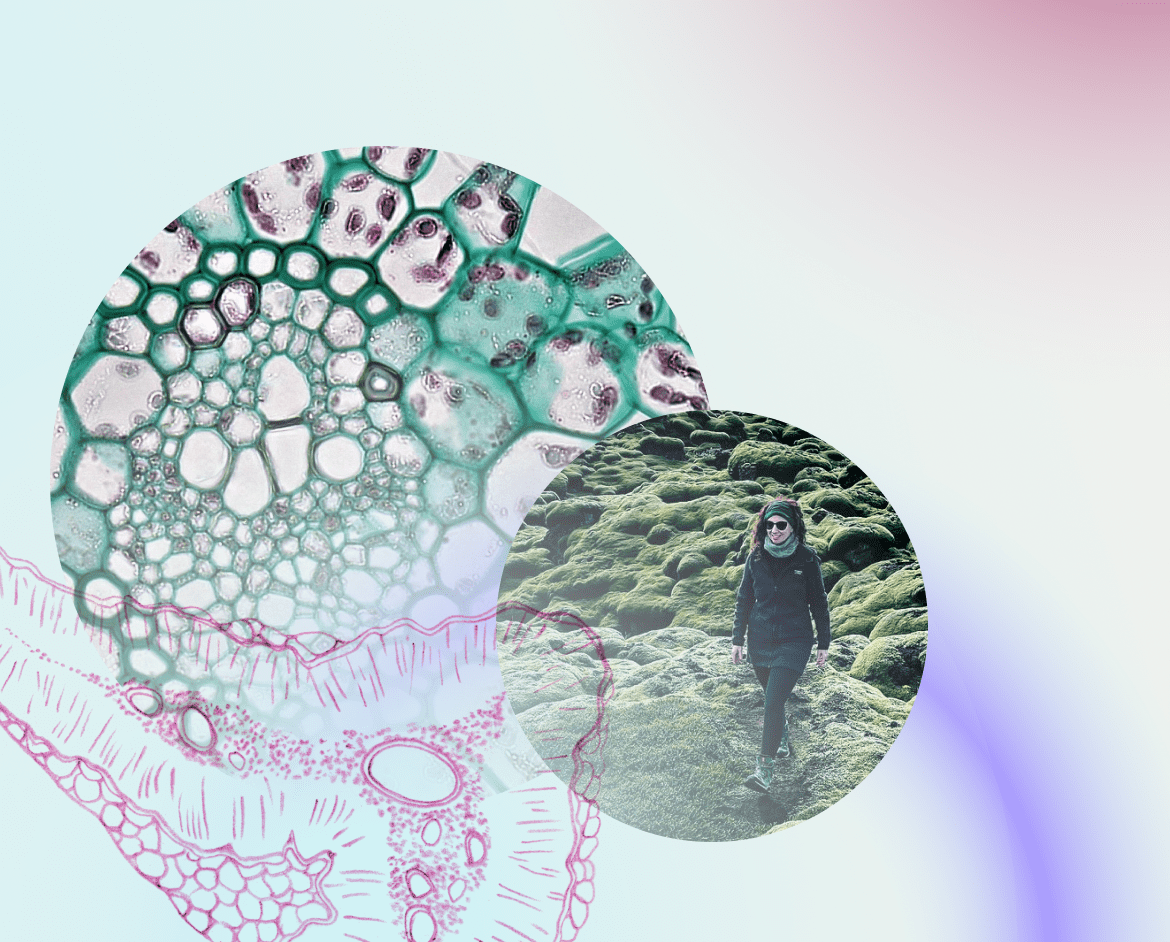Read Andrea’s articles on functional health and healing.
Belonging is a deeply human need. It's more than being surrounded by others, part of the herd or crowd. It’s about feeling seen, accepted, and understood for who we truly are. And it doesn’t always require big gestures, grand summons, or the gravitational pull of a mob. Sometimes, it’s just an unspoken understanding, care without question, a connection that quietly binds us.
Welcome to mending, a monthly haven where words meet inner wisdom, and stories intertwine with the art of health and healing. At the heart of Narrative Medicine is a belief in the power of the human story. Words, among other human expressions, have the ability to enlighten and connect us to our most vulnerable or even seemingly insignificant moments in life.
Some moments in life take our breath away—not because of shock or fear, but because they strike a deep chord within us. Maybe the swell of music or a particular lyric leaves you wiping tears from your eyes, or a stranger’s act of kindness momentarily restores your faith in humanity. Perhaps it’s the quiet wonder of seeing someone you love embraced for exactly who they are or a faded photograph that brings a rush of memories—joyful, bittersweet, or both.
Welcome to mending, a monthly haven where words meet inner wisdom, and stories intertwine with the art of health and healing. At the heart of Narrative Medicine is a belief in the power of the human story. Words, among other human expressions, have the ability to enlighten and connect us to our most vulnerable or even seemingly insignificant moments in life.
When managing your health becomes a full-time job, it’s easy to feel disheartened. You may have tried the latest diet trends and supplements, hoping that each new approach will bring lasting relief. But instead, it feels like the same place, the same symptoms, like you’re balancing on a tightrope that could give way at any moment.
Welcome to mending, a monthly haven where words meet inner wisdom, and stories intertwine with the art of health and healing. At the heart of Narrative Medicine is a belief in the power of the human story. Words, among other human expressions, have the ability to enlighten and connect us to our most vulnerable or even seemingly insignificant moments in life.
Welcome to mending, a monthly haven where words meet inner wisdom, and stories intertwine with the art of health and healing. At the heart of Narrative Medicine is a belief in the power of the human story. Words, among other human expressions, have the ability to enlighten and connect us to our most vulnerable or even seemingly insignificant moments in life.
Welcome to mending, a monthly haven where words meet inner wisdom, and stories intertwine with the art of health and healing. At the heart of Narrative Medicine is a belief in the power of the human story. Words, among other human expressions, have the ability to enlighten and connect us to our most vulnerable or even seemingly insignificant moments in life.
“The telling of stories alters who we become.” - Ben Okri What is Narrative Medicine? You might be pondering this question right now or as you engage with my newest offerings. If you are, I applaud your curiosity. You're in good company!
Welcome to mending, a monthly haven where words meet inner wisdom, and stories intertwine with the art of health and healing. At the heart of Narrative Medicine is a belief in the power of the human story. Words, among other human expressions, have the ability to enlighten and connect us to our most vulnerable or even seemingly insignificant moments in life.
“In nature, nothing exists alone.” - Rachel Carson, Silent Spring Imagine a spider's web. Pull one thread, and the delicate structure shrinks, shrivels, or spoils. Each finespun fiber is essential to the stability of the whole. Similarly, the human body is an intricate web of interconnections.
Welcome to mending, a monthly haven where words meet inner wisdom, and stories intertwine with the art of health and healing. At the heart of Narrative Medicine is a belief in the power of the human story. Words, among other human expressions, have the ability to enlighten and connect us to our most vulnerable or even seemingly insignificant moments in life.
If you’ve traveled the landscape of modern medicine in search of answers to your chronic health challenges, you’ve likely encountered the profound influence and appeal of Evidence-Based Medicine (EBM).
Last week, I recorded a podcast hosted by a naturopathic doctor. As we got into the conversation, we found ourselves talking about our personal journeys through perimenopause and menopause. While we both diligently drew labs and collected plenty of data and biomarkers, we each noticed that it wasn’t this quantitative data that shifted our symptoms.
You can’t “hack” your health. If you don’t have a chronic health concern and you use biohacking techniques to optimize your physical performance, there’s no need to read any further. This post isn’t for you because you may be among the lucky few who can successfully hack a thing or two. But if you struggle with an unresolved health issue – whether it’s related to pain, fatigue, digestion, immune function, focus, or your ever-changing hormones – then I regret to relay that the hacks you seek may do more harm than good.
Here goes … I’m about to share something deep and personal that helped to shape my journey as a Functional Nutritionist.
Picture this: On a chilly Monday morning, my 5:00 alarm draws me from the cozy embrace of my slumber. As you might imagine, there’s a tiny temptation to linger despite the buzzer. But something stirs within me, a spark of motivation that nudges me out of bed to initiate my morning routine.
My passion for the role of nutrition in healthcare began with a family health crisis. This might have been true for you too. And by now you may be familiar with my origin story, but if not, it all began when my husband, Isamu, was diagnosed with an aggressive brain tumor.
I’ll never forget the book I was reading back in 2000 that tipped me off to the fact that my late husband Isamu and I should eliminate sugar from our diets to help combat his brain cancer.
If you asked me what my passion is, it would be difficult to capture with one word. My passion is an assortment of interests that have manifested in “nutrition”.
I have a reframe for you. It's inspired by the Nobel Prize-winning Israeli-American economist and Princeton University professor emeritus Daniel Kahneman.
You or your doctor.
This week was sort of a “coming out” for me. I was interviewed on the Life (Un)Closeted podcast with Rick Clemons to discuss my interests in expanding the reaches of Functional Medicine and Functional Nutrition to meet the unique needs of transgender patients.
We haven’t yet established any of the How-Tos, and we definitely can’t gloss over these practicalities. They’re how we develop the skills of awareness and self-care.
Elusive symptoms. No clear diagnosis. You can’t get the right lab tests run (or the right person to read them). You’re frustrated. But you can’t just abandon your doctor. Time. Resources. It’s just not an option.
Think about the last time your gut told you not to do something. Was it right or wrong?
I’ve seen more accounts of medical gaslighting on social media and popular news channels lately. And that’s a good thing! We need to bring more awareness.
There are so many terms used to explain individuality in healthcare today. Yet it can be confusing to know what any signifier in front of the word “medicine” actually means.
About coffee (and the mindfulness of mediating).























Welcome to mending, a monthly haven where words meet inner wisdom, and stories intertwine with the art of health and healing. At the heart of Narrative Medicine is a belief in the power of the human story. Words, among other human expressions, have the ability to enlighten and connect us to our most vulnerable or even seemingly insignificant moments in life.